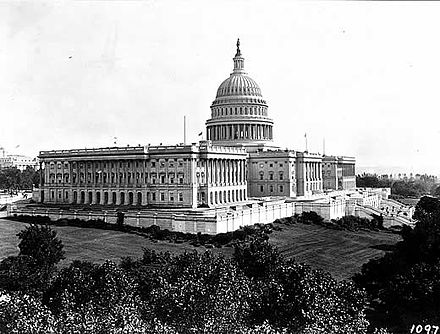
In referring to the war of 1861 to 1865, we usually hear the name “Civil War.” Of course it is known by other names, like “The War Between the States” and “The War of Northern Aggression.” It might interest you to know that there was no “official” government title for it until 1907. I refer to a U.S. Senate debate that took place on January 11, 1907, to determine what the government should call the war.
The portions I quote here can be found in the Congressional Record of that date, spoken by men who fought on both sides:
Mr. Teller (Colorado): So it can be said to have been a war between the states…. Mr. President, it is not very material whether you use the term “rebellion” or whether you do not. I insist that the term “rebellion” is a proper term. It describes the condition which existed from 1861 to 1865. It may be an offensive term; and yet it was a rebellion against the Government of the United States. We have called it a civil war.…
I do not think it very important whether we call it the war of the rebellion or the civil war. I do not believe that now or at any other time will we be inclined, or the people of the United States will be inclined, to change the character of the war by declaring it to have been a war between the States. It was a war against the general Government by citizens of the United States who were in rebellion against the authority of the General Government at that time.”
Mr. Money (Mississippi): I do not consider, having been a rebel from start to finish, that there is any particular odium (contempt) in that phrase. George Washington was a rebel.
Mr. Teller: Certainly
Mr. Money: And so were all the heroes and patriots who established this Government. Some of them were slaveholders, including George Washington. There is nothing opprobrious (insulting) in the term “war of the rebellion.” If it suits the fancy of Senators to call it by that name, it does not hurt me. I am quite accustomed to it, and I do not mind. But I was simply suggesting phraseology to meet the history of the case better. If Senators want to call it the civil war, they can do so. We contend it was not a civil war.
It is quite true that men in Tennessee to the number of 32,000 went into the Federal Army, and I believe every single Southern State, except the State of Mississippi, furnished a regiment to the Federal Army. Mississippi furnished one, which was called the “Tigers.” It was not composed of Mississippians, but of the fragments of regiments–the sick and wounded Federal soldiers at Vicksburg. But Mississippi was as wholly rebel, to use a common phrase, as any State could possibly be…
I admit that if I had been in Massachusetts I would have been in the Federal Army, and I guess if the Senator from Colorado [Mr. Teller] had been living in my town he would have been a member of my company; and I am not at all blaming anybody for the attitude he took at that time.
Mr. President, I do not want to take up time, but I happened to be at the door of the lobby of the Senate one day not long ago. It was the last session, near the close. There was ex-Senator Blair, of New Hampshire, as gallant a soldier as ever went to the field, now on crutches as the result of wounds inflicted by Confederate soldiers. He was shot three or four times. He called to me. I did not recognize him on account of my bad sight. We shook hands.
I said: “What are you doing on these sticks, Blair?” He said: “You fellows hit me pretty hard three or four times, and it is beginning to tell on me since I have been getting old.” He said: “Did we get you?” I said: “Once; not much.” He said: “Are you not glad you got it?” I said: “I do not know. I have not regretted it.” He said: “I am glad I was hit.” We shook hands.
He said: “Any man who was worth being hit aught to have been there either on one side or the other. If you had been in New Hampshire you would probably have been in my regiment.” I agreed that it was a great deal a matter of environment.
The Senate decided to use the term Civil War. But it is interesting to see how men who fought each other with all their might had found common cause in the survival and prosperity of their nation. And without dishonor, shame or blame.
It sets a good example for us today. One can be proud of his birthright and tradition, wherever it may be found. Virtues are eternal.

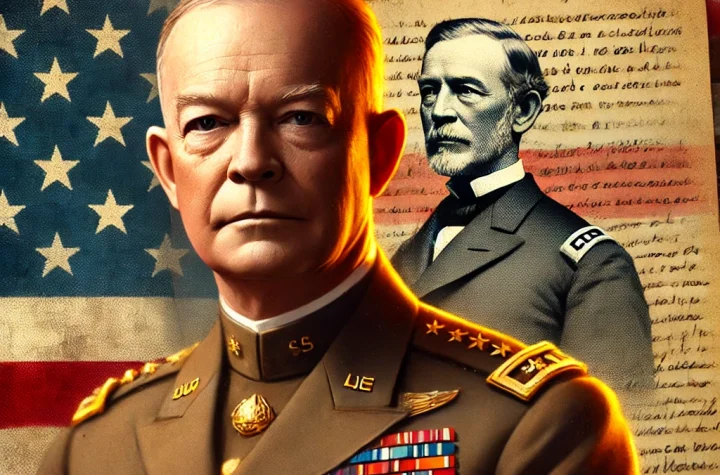


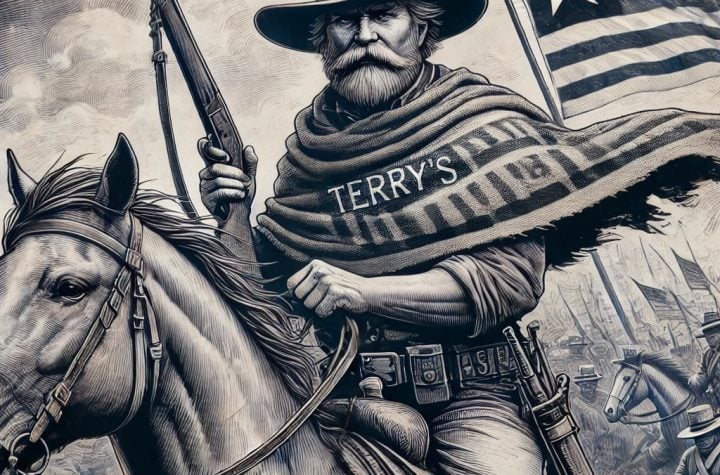
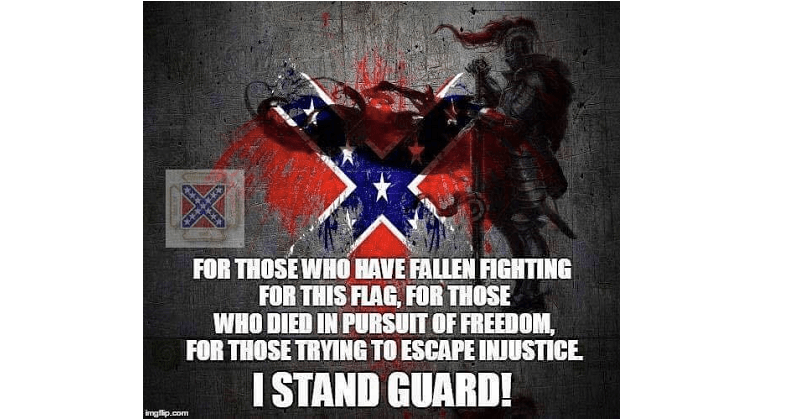
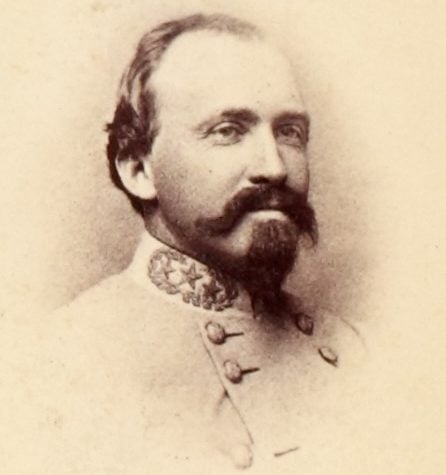
GREAT ARTICLE
In 1906 Congress still controlled by republicans two to one.